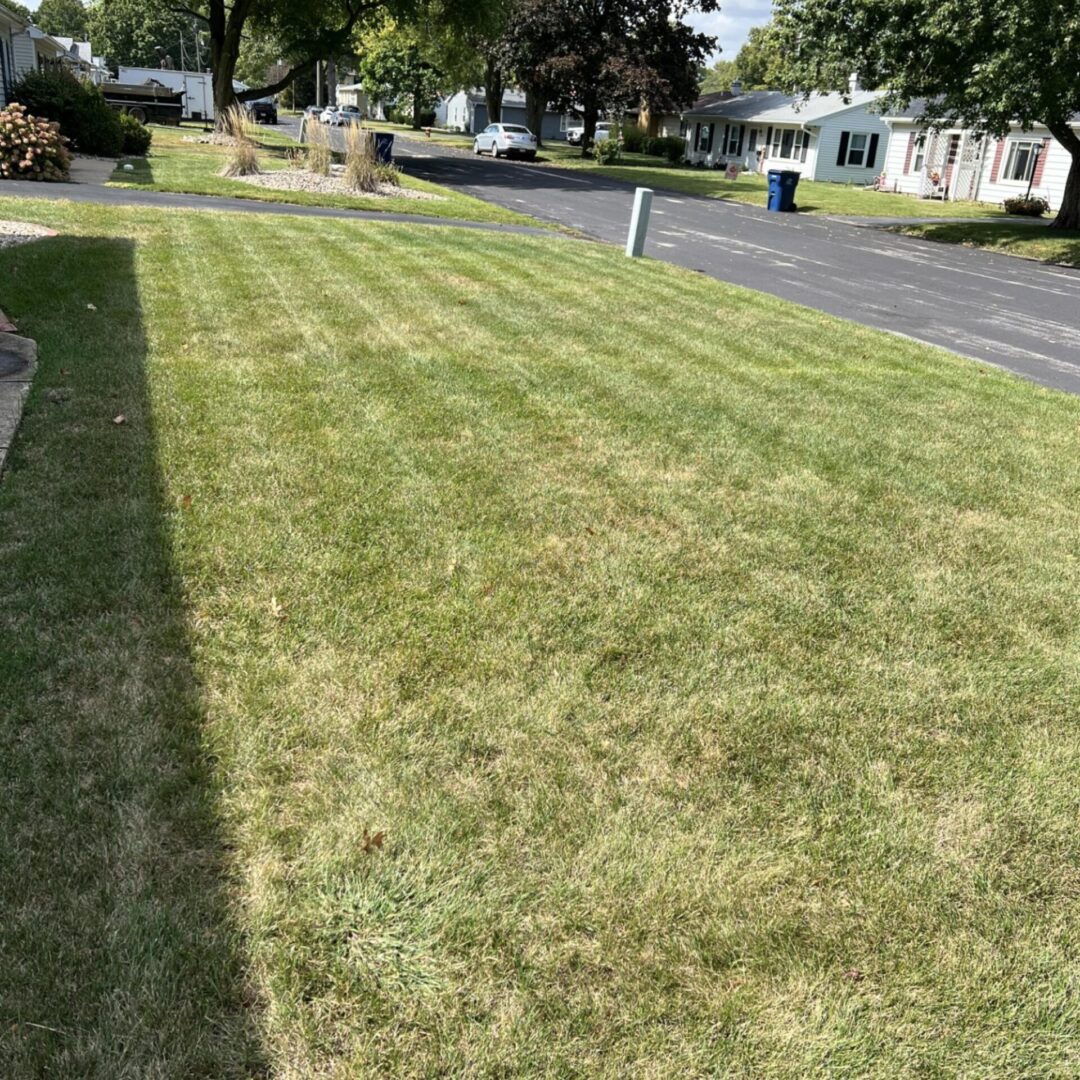**photo courtesy of noillinoisco2pipelines.org
Opposition is mounting among farmers and other residents in central Illinois who are concerned about the Texas corporation Navigator’s proposal to build a 1300-mile steel pipeline to transport highly pressurized, compressed CO2 across their counties.
The pipeline would be 20 inches wide and be buried five feet underground.
Karen Brockelsby is a farmer in Christian County and is treasurer of Citizens Against the Heartland Greenway Pipeline. Since representatives of Navigator knocked on her door a year ago, Brockelsby has done considerable research on the pipeline proposal.
“This technology has never been done on such a scale, covering such a distance and involving so many different manufacturing plants,” she told The Center Square.
Most people think of carbon dioxide as the harmless bubbles in soda or carbonated water, she said. The highly pressurized, condensed CO2 that the pipeline is designed to transport is a dangerous liquid that can be lethal for humans and livestock and dangerous for local waterways, Brockelsby said.
“In order to transport carbon dioxide, the pipeline operators have to compress it into a liquid called ‘super critical CO2’. That requires between 1,400 and 2,200 pounds per square inch of pressure,” Brockelsby said.
Maintaining that pressure along a 1,300-mile pipeline when there are 30 different fertilizer and ethanol plants along the way that are feeding it, is a challenge that has never been undertaken before, she said.
A sudden change of pressure in the pipeline can lead to a rupture called a running ductile fracture, Brockelsby worried.
“The pipe just unzips and a plume of CO2 in a gas form is released. It will hang near the ground until it is dissipated by wind,” Brockelsby explained.
People caught in the plume are at risk of suffocation, she said, because the plume displaces oxygen in the area.
The CO2 liquid is incredibly cold – 109 degrees below zero – similar to the temperature of the foam in a fire extinguisher. The gas has the potential to spread over a mile.
In 2020, there was a rupture in a CO2 pipeline in Satartia, Mississippi.
“The cars on the highway quit because gasoline powered engines cannot not run without oxygen,” Brockelsby said. “People became unconscious. People had seizures. Fifty people went to the hospital.”
Three hundred residents had to be evacuated from the town.
Exposure on the ground can be fatal to people nearby, Brockelsby said.
Currently there are no federal regulations specifically designed for CO2 pipelines, Brockelsby said. Before the Mississippi accident, regulators believed that oil and gas pipeline regulations were sufficient for CO2 pipelines.
The Pipeline Hazardous Materials Safety Administration has reviewed the incident in Mississippi, and they have committed to write new regulations, addressing issues such as how close a CO2 pipeline can be to houses, Brockelsby said.
She and other pipeline opponents are asking for a six-month moratorium on the pipeline permitting process while the regulations are being developed, she said.
“Right now, there are not even any setbacks as to how close the pipeline can be to a house,” Brockelsby said.
The CO2 pipeline is proposed to cross a dozen Illinois counties and four other states. Last July, Navigator Heartland Greenway LLC filed a petition with the Illinois Commerce Commission seeking permits to build the pipeline and requesting eminent domain powers. Brokelfey expects the ICC to take up the issue this year.
***Courtesy of the Illinois Radio Network***













